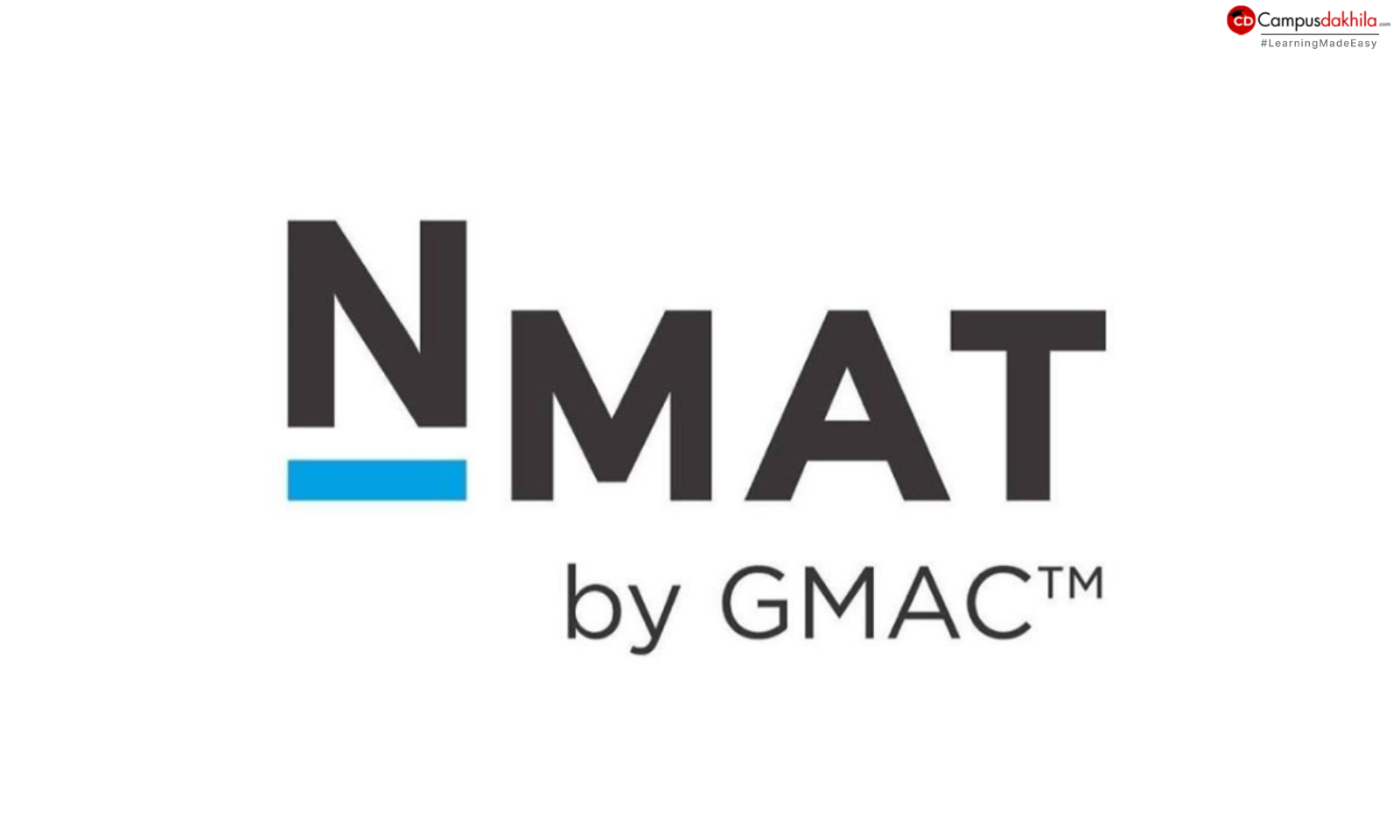
Popular admission test for MBA candidates in India is the NMAT by GMAC, Graduate Management Admission Council. Many top business schools all throughout the nation recognise this test. Knowing the NMAT exam's registration procedure, curriculum, and eligibility requirements will be very vital if you want to pursue an MBA. This blog will walk you over all the pertinent information about the NMAT test.
Registration for NMAT Exam
The registration process for the NMAT exam is straightforward and can be done online. Here’s a step-by-step guide:
- Create an Account: Create an account by entering simple personal information—name, email address, phone number—on the official NMAT website.
- Fill in the Application Form: Once you have an account, log in to finish the application. You will have to choose your desired MBA programs and exam centres, along with your job experience (if any) and educational credentials.
- Choose Test Date and Slot: The NMAT exam provides a flexible schedule so you may choose a day and time period that would fit you. The test spans 75 days, hence there are plenty of choices to choose the most practical time.
- Pay the Exam Fee: Making the registration fee payment comes last. Credit and debit cards, online banking, and mobile wallets are among the many payment choices at hand.
- Confirmation and Admit Card: You will receive a confirmation email once the payment is successfully processed. After that, you may get your admission card with test centre, date, and time information.
NMAT Exam Syllabus
Three main areas—language skills, quantitative skills, and logical reasoning—are tested on applicants in the NMAT exam. To do well on the test, one must fully understand the material.
1. Language Skills: This part evaluates your command in English. It asks about grammar, vocabulary, reading comprehension, and sentence correction. Key topics include:
- Reading comprehension
- Synonyms and antonyms
- Fill in the blanks
- Para jumbles
- Error detection
2. Quantitative Skills: The Quantitative Skills section evaluates your mathematical ability and understanding of basic arithmetic concepts. It includes topics such as:
- Number systems
- Algebra
- Geometry
- Trigonometry
- Data interpretation
- Probability and statistics
3. Logical Reasoning: This section tests your analytical and logical thinking skills. It covers a wide range of topics like:
- Series and sequences
- Analogy
- Data sufficiency
- Coding-decoding
- Puzzles
- Critical reasoning
Eligibility Criteria for NMAT Exam
Before registering for the NMAT exam, it’s important to check whether you meet the eligibility criteria. Here are the basic eligibility requirements:
- Educational Qualification: Candidates needed to have finished a bachelor's degree in any field from an accredited institution. Although the minimum percentage needed varies depending on the institution, it is usually around 50%.
- Age Limit: Regarding the NMAT test, there is no age restriction for appearing specifically. Candidates should, therefore, review the age requirements of the MBA applications they are considering.
- Work Experience: Although job experience is not required, for certain elite business schools particularly it may improve your profile.
- Number of Attempts: Candidates may take the NMAT exam up to three times in a testing year. For admission purposes, the highest score among these attempts will be considered.
- NMAT Exam Duration: 120 Minutes
- NMAT Application Fee: Rs. 2800 + Taxes
Important Dates
- Registration Start: 1st August 2024
- Registration End: 10th October 2024
- Scheduling Start: 1st August 2024
- Scheduling End: 14th October 2024
- Exam Delivery Start: 5th November 2024
- Exam Delivery End: 20th December 2024
Some of the best MBA programs in India pass via the NMAT test. For MBA candidates, it is an appealing choice with a flexible registration procedure, a well-defined curriculum, and reasonable qualifying standards. Good preparation and knowledge of the test format can help you increase your chances of getting into a top company school.
Any question in your mind?
Connect to our counsellor: 8826807515












